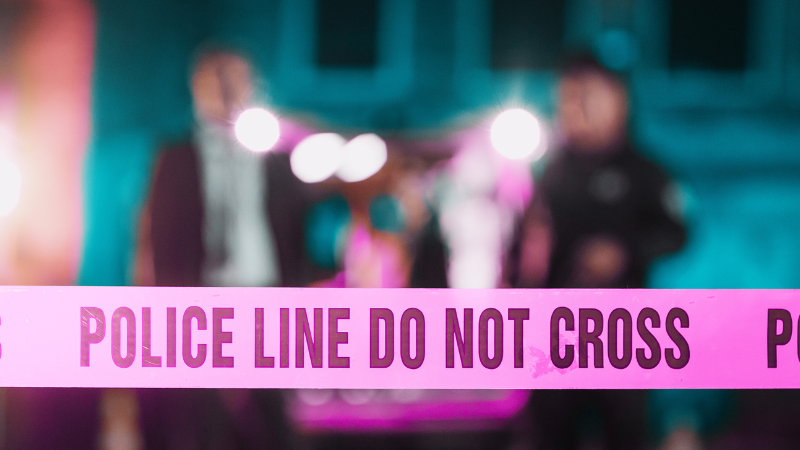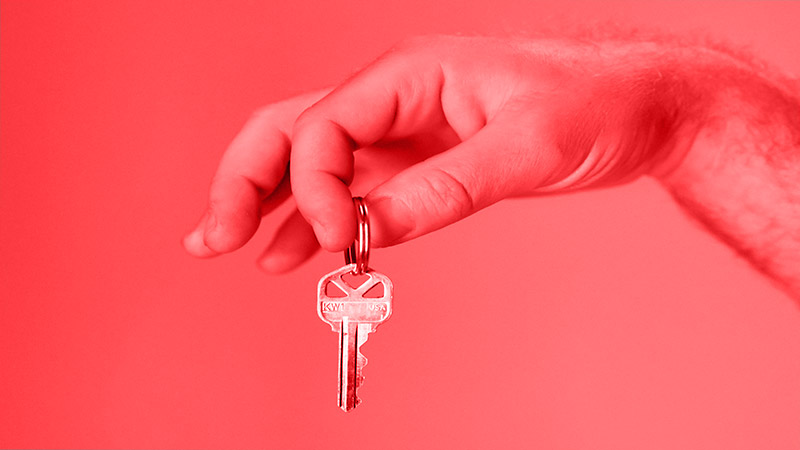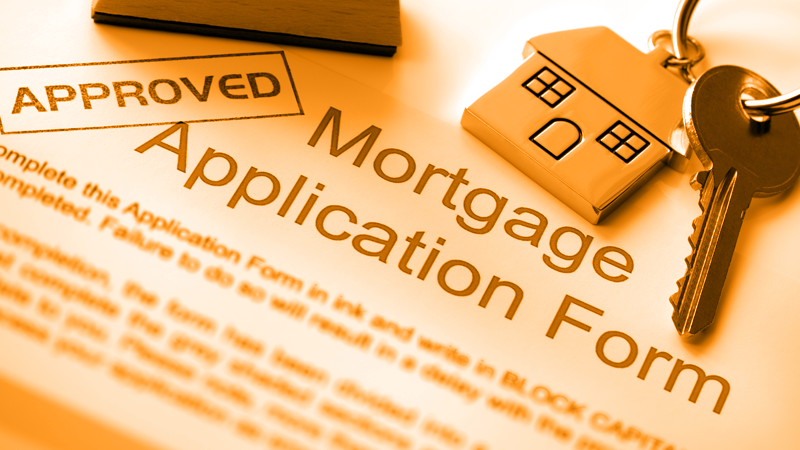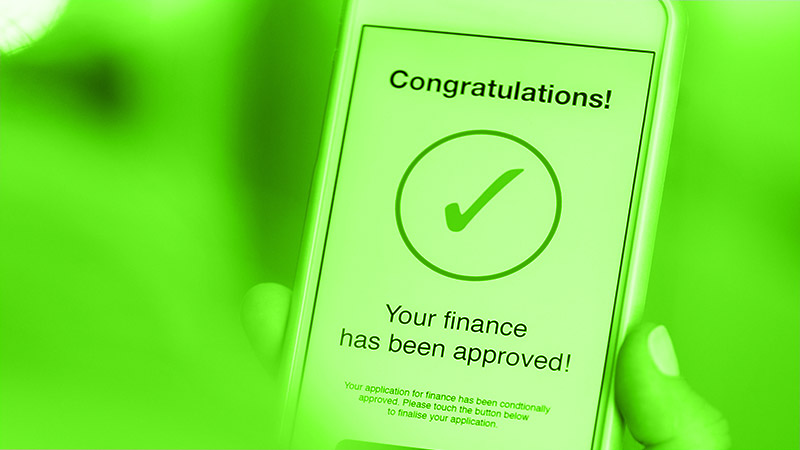Millions of people in the UK hold a criminal record, and you may worry about how you can get a mortgage with a conviction on your record.
However, it’s possible to get a mortgage with a criminal record, and with the right advice, it shouldn’t cause you too many problems.
Here’s some expert advice on how you can get a mortgage with a criminal record in the UK.
How a Criminal Record Affects a Mortgage
Your mortgage application can be affected depending on whether your criminal conviction is spent or unspent.
Getting a mortgage can be challenging if you’ve been convicted for a crime or have been in prison.
Some lenders have rules restricting lending in such circumstances. Some may be willing to loan to you, while others may decline your mortgage application.
Whether or not your conviction is spent or unpent is an essential factor since it affects if you should legally disclose your conviction or not.
Spent Convictions
The Rehabilitation of Offenders Act of 1974 stipulates that you don’t have to disclose a spent criminal conviction to banks, building societies, or other lenders and mortgage brokers, irrespective of what questions they ask.
A spent conviction can be effectively ignored after a specified time. The amount of time it takes for a criminal conviction to become spent will vary depending on the sentence given on the day of prosecution.
Take, for example, a criminal conviction that results in a fine. It would not become spent until after one year has passed.
However, a conviction with a sentence of between 2 ½ years and four years can take the length of the sentence plus an additional seven years to pass or become spent.
Need more help? Check our quick help guides:
- Reasons why a mortgage could be declined on affordability.
- How reliable is a mortgage in principle?
- How do joint mortgages work?
- Can you get a mortgage on a fixed-term contract?
Unspent Convictions
Criminal records that are unspent convictions have usually not reached this defined time and appear in a Basic Criminal Record Check until they do. A conviction or criminal record will always remain unspent for sentences over four years, given for more severe crimes.
By law, you must disclose unspent convictions to building societies, banks, or mortgage lenders, and you can be prosecuted if you fail to disclose them.
If a lender discovers that you’ve not disclosed an unspent conviction, they can invalidate your mortgage agreement, and any insurance policy connected to it can also be deemed invalid.
How to Check If Your Conviction is Spent
Various charities in the UK can help you determine if your conviction is spent or unspent.
Charities like Unlock aim to build a better future for people with criminal records by advocating for and supporting them to move on positively with their lives.
Independent national charities like Unlock often support people with criminal records because of the stigma associated with criminal records.
You can confidently log on to an online disclosure calculator through their website and determine whether your conviction is spent on unspent.
Such charities also provide support, information, and advice about any previous convictions you may have.
Do Mortgage Lenders Check for Criminal Records?
Most lenders will ask about criminal records, and the questions may vary. Some may ask broad questions that suggest you disclose both spent and unspent convictions, but you’re entitled to answer no if your criminal record is entirely spent.
You’ll find that you can apply for a mortgage in principle among most lenders, and this process doesn’t usually involve questions about criminal records. However, although the lender may initially agree to a mortgage in principle, the full application may include providing details of any unspent convictions.
Resultantly, the lender may reject your application at this point, depending on their policy on borrowers with a criminal record. Some reject those with criminal records automatically, while others simply ask whether you meet their criteria.
You may also find lenders who ask for details of your addresses over the past six years. If you’ve been in prison for significant periods, it can flag up gaps in your address history and require you to disclose your criminal record even if they’ve not asked about it directly.
How to Apply for a Mortgage With a Criminal Record
The easiest way to apply for a mortgage with a criminal record is through a mortgage broker. Provided you’re honest and upfront with the broker about your criminal record, they can concentrate on finding you lenders whose criteria you meet.
Ensure you find brokers who have successfully found mortgages for borrowers in similar circumstances before applying. Some lenders may claim to have a whole of market experience but may be incapable of finding you a suitable lender for niche areas like criminal record mortgages.
A suitable mortgage broker should know which lender will likely approve your application to avoid unnecessary mortgage rejections on your file. It’s also wise to consult a mortgage adviser before applying for a mortgage with a criminal record. They’ll consider your situation and guide you on the best way to prepare your application.
Mortgage brokers and advisers not only increase your chances of successfully getting a mortgage but also:
- Help complete your application and prepare your paperwork.
- Assess offers and lenders not available to the general public.
- Help you avoid damaging your credit score.
- Help you get the best deals and interest rates for your circumstances.
Related guides:
- Mortgage 5 times salary.
- Can you get a mortgage on land?
- Refurbishment mortgages.
- Part and part mortgages.
- HMO mortgages.
Applying Directly with a Mortgage Provider
Another option when applying for a criminal record mortgage is to go directly to a lender. Independent mortgage lenders often have flexible criteria surrounding criminal convictions, but it can vary from lender to lender, especially if it’s done on a case-by-case basis.
Some criteria may be vague when accepting borrowers with criminal convictions. They may not have specific policies for applications of this nature, and you may find they have additional rules when considering unspent or spent convictions.
Therefore, a scattergun approach is usually not recommended because it can result in a string of declined applications. It can leave many marks on your credit file and make it difficult to get accepted any time soon.
Are There any Other Checks You Need to Pass?
As with any other mortgage application, you’ll need to pass the lender’s affordability checks to qualify for a criminal record mortgage. It can include questions about your employment type, income, credit history, and age.
However, these can vary depending on the lender and your specific situation. You can get approved or rejected, or the lender may ask for higher deposits if they consider you a higher than usual risk.
Generally, mortgage providers don’t check for criminal records, and they don’t have access to the police national computer. They’ll often rely on the information you provide on your application form.
When seeking official confirmation, a mortgage provider may ask you for a basic disclosure that will reveal any unspent convictions. Most will perform credit checks and consult the Credit Industry Fraud Avoidance System (CIFAS) to check for any issues relating to money laundering, fraud, and other financial crimes.
When providers search on the CIFAS database, they’re informed whether they should investigate through a flagged warning. They’re often advised to investigate the case instead of automatically rejecting the application because it may prove genuine.
While most mortgage providers will refuse borrowers with a poor credit rating, mortgage brokers or advisers can help you find lenders who specialise in helping bad credit borrowers.
Criminal Record Mortgage Final Thoughts
It can be complicated to get a mortgage with a criminal record, but it’s not impossible.
Not all mortgage lenders will accept borrowers with a conviction, and your best chance is to speak to a broker or adviser who can help you get a suitable lender for a criminal record mortgage.
Call us today on 03330 90 60 30 or contact us. One of our advisors can talk through all of your options with you.
Further reading:

















